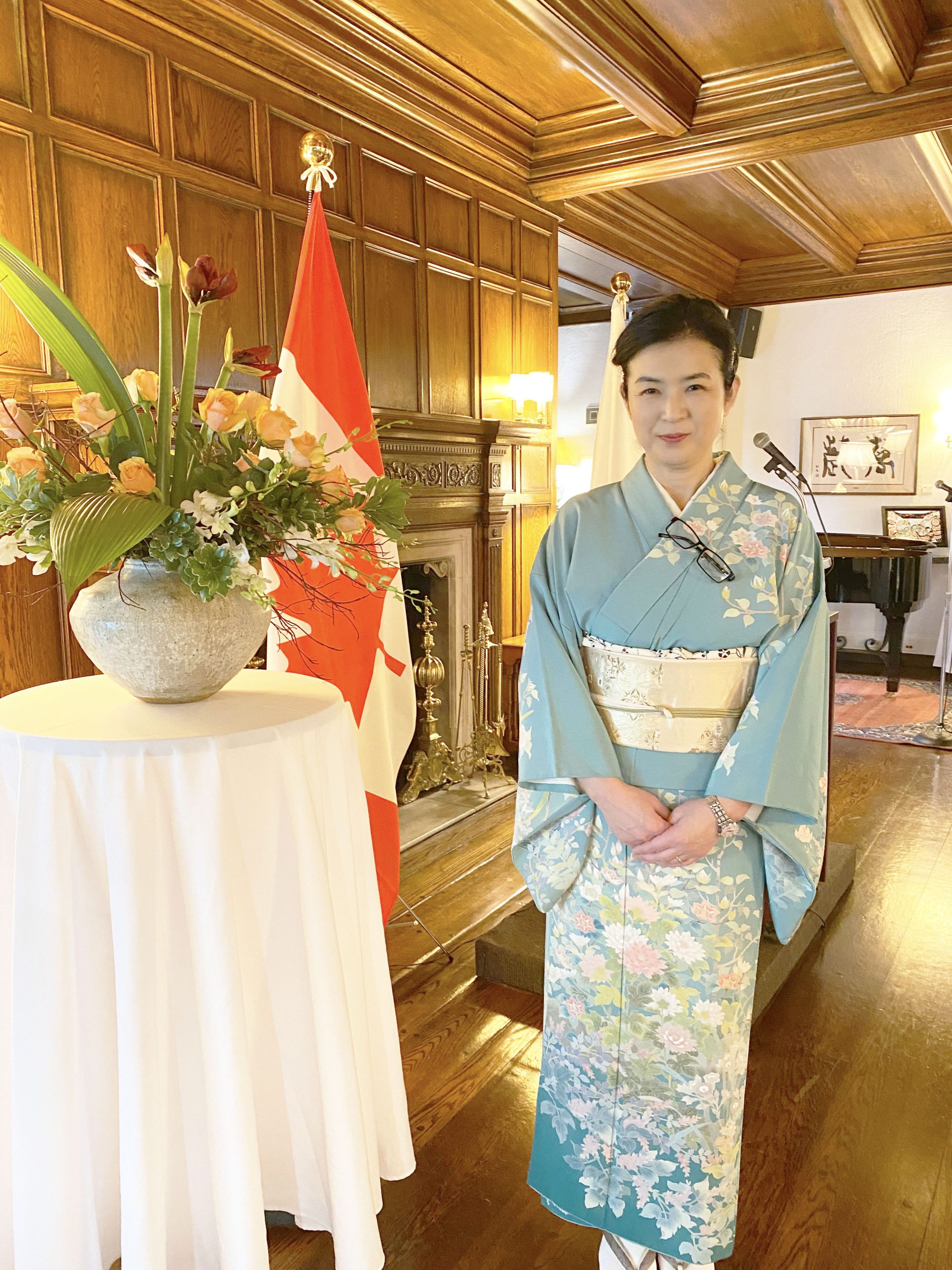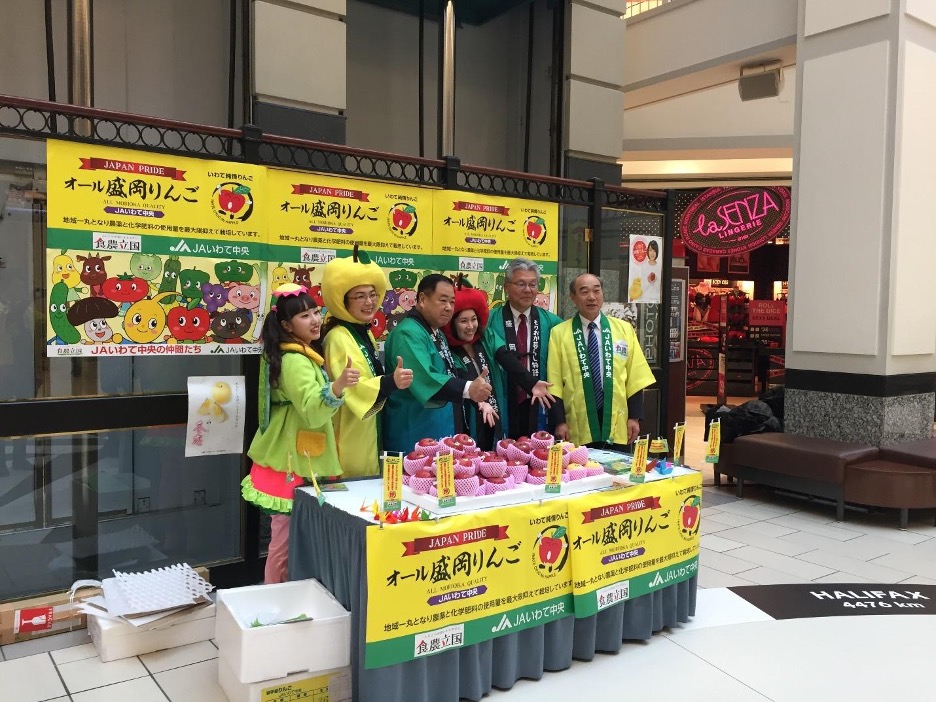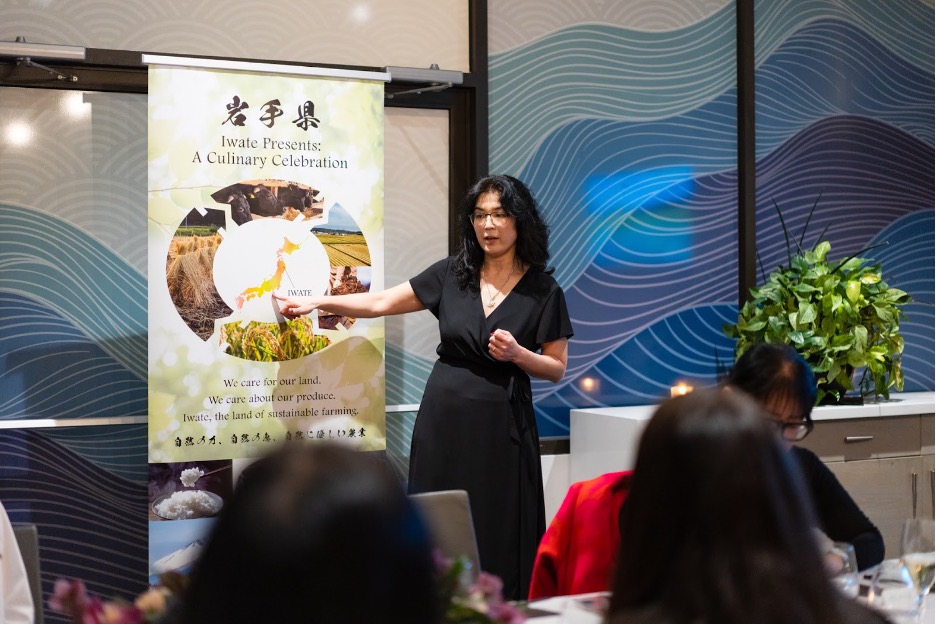President Profile

Miwa Suzuki
CEO / Valuablelink Consulting Inc.
Director / Japan-Canada Chamber of Commerce
Japan
- Born in Kurihara city, Miyagi Prefecture, Japan
- Majored in Interpretation and Tour Guide Studies
- Worked as a Sales for a major IT company for 4years
Canada
- Worked as a General Manager at a Canada-based Japanese high-end restaurant group
- Worked as a Tour Coordinator and General Manager at a travel agency for 5+years. (Accompanying Japanese companies and schools on overseas tours and training programmes, facilitating business meetings, English interpreting)
- Opened a licensed Family Daycare State-certified childcare centre and Worked in childcare in the Vancouver/Richmond area for 10 years
Q: What inspired you to move to Canada?
A: During high school, while deciding my career path, I thought, “I want to visit various places around the world!” I realized I needed to learn English first, so I enrolled in an English language college in Tokyo.
After graduation, I started working at an IT company unrelated to English, but my longing for foreign countries remained. A few years later, I moved to Canada on a working holiday visa. I chose Canada without any specific reason, just because I strongly desired to go abroad, and any English-speaking country would do.
Q: What led you to start your business?
A: While working at a local travel agency, I participated as a local guide in a tasting event for apples from Iwate Prefecture, Japan, held in Victoria, Canada. On the event day, I was unexpectedly asked to be the host, which was outside of my job description. It was my first time hosting such an event, and I knew nothing about Iwate Prefecture or their apples. However, I could not refuse the enthusiastic request of the head of sales from the farmers’ cooperative.
The event ended successfully, but I noticed significant gaps in planning and preparation, such as misplacing apple shipments, incomplete event insurance, and insufficient arrangements for equipment like microphones. This experience made me realize the need for a specialized company to support Japan’s overseas ventures comprehensively, motivating me to start my business.

Q: What do you prioritize when running a business in Canada?
A: Communication with people.
Japanese people have a unique sense of harmony, avoiding strong self-assertion and expressing things indirectly—a cultural virtue in Japan. However, abroad (especially in North America and Europe), where people from diverse backgrounds coexist, clear self-expression is vital.
Ambiguous communication like “They’ll probably understand this much” can lead to misunderstandings and, in business, loss of credibility. That’s why I always respect others’ opinions while expressing mine clearly.
(Photo: An event held in a Victoria, British Columbia, shopping mall. At that time, wearing a yellow apple costume, I never imagined starting my business or entering this industry.)
Q: How do you want to contribute to Japan through your business?
A: My parents are farmers in Miyagi Prefecture. Each time I return, I notice the significant depopulation. Though I left my hometown, I’m deeply concerned about Japan’s severe shortage of successors in agriculture, livestock, and fisheries. If these industries decline, food self-sufficiency will drop, increasing reliance on imports, a critical risk for Japan.
If global conditions worsen, affecting food supply and logistics, Japan, as an island nation, could face isolation and food shortages. Through this business, I aim to support Japan’s primary industries by exporting Japanese products globally, ensuring their survival, and inspiring hope among those in these industries.
Q: Why is your commitment to contributing to Japan so strong despite living abroad for so long?
A: Surprisingly, I’ve felt more drawn to “Japanese-ness” since moving abroad. Experiencing the differences between Japan and other countries deepened my understanding of Japan’s strengths and challenges. This naturally fostered a strong desire to contribute to Japan.

Q: Finally, could you share your thoughts about your business?
A: My work focuses on promoting Japanese culture and products globally. I’ve noticed that local retailers often struggle to convey the genuine value of these items.
For instance, Japanese rice, being short-grain and sticky, contrasts with the long-grain, dry rice preferred abroad. Simply stating, “Japanese rice is sticky and high-quality, so it’s delicious,” doesn’t resonate with those unfamiliar with it. Properly introducing sushi or rice ball preparation could better showcase its true taste, but such efforts are limited in local supermarkets.
My solution is to establish supermarkets themed around Japanese food culture, offering a space for experiential learning and serving as sales outlets for exporters. My ultimate goal is to create such Japanese food culture supermarkets worldwide!

